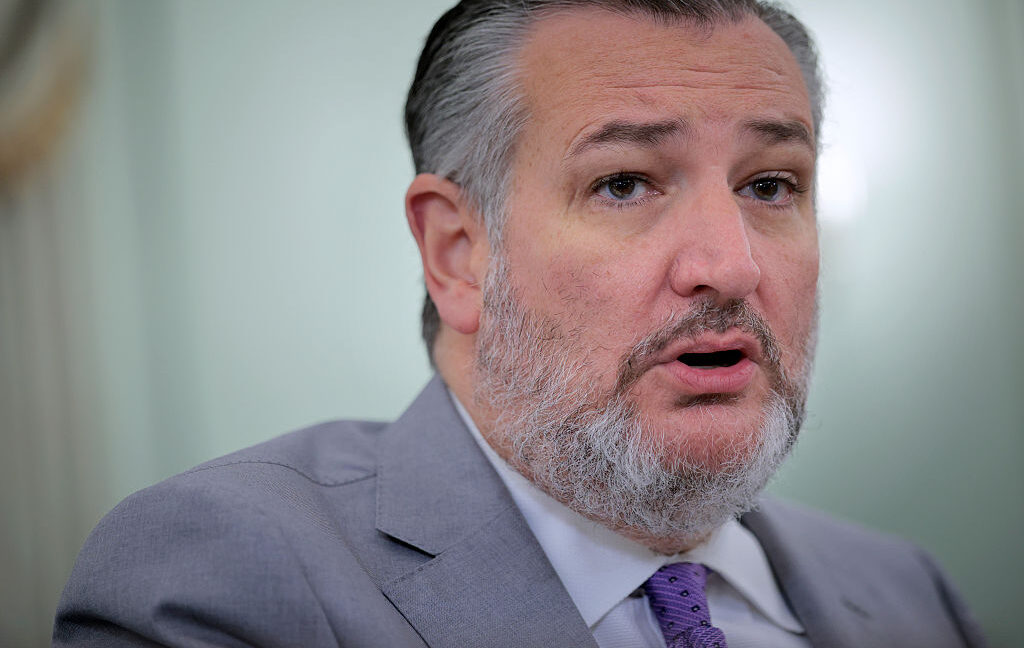Ted Cruz Pushes Flexible AI Regulations Amid Industry Praise and Safety Concerns

Key Points
- Senator Ted Cruz introduced the SANDBOX the SANDBOX Act to modernize AI regulation.
- Cruz argues existing rules are outdated and hinder AI innovation across sectors.
- Netchoice praised the bill for its "innovation‑first" approach and balance.
- Alliance for Secure AI warned the legislation could weaken essential safety safeguards.
- Recent controversies involving Meta’s chatbots and OpenAI’s response to a tragic incident were cited by critics.
- Over 1,000 AI‑related bills have been introduced, highlighting rapid legislative activity.
- The debate focuses on balancing flexible regulation with consumer protection.
Senator Ted Cruz introduced the SANDBOX Act, arguing that existing U.S. regulations are ill‑suited, hindering AI innovation. He urges a more adaptable framework to accommodate emerging applications in sectors like healthcare and transportation. Industry groups such as Netchoice welcomed the bill, citing its “innovation‑first” approach. However, safety advocates, including the Alliance for Secure AI, warned that the legislation could weaken essential safeguards, referencing recent controversies involving Meta’s chatbots and OpenAI’s response to a tragic incident linked to ChatGPT.
Legislative Initiative
Senator Ted Cruz presented the SANDBOX Act, contending that "most US rules and regulations do not squarely apply to emerging technologies like AI." He argued that forcing AI developers to design inferior products merely to meet outdated federal rules would stifle progress, and that regulations should become more flexible. Cruz emphasized the need for a national framework to address the rapid proliferation of AI legislative proposals, noting that over 1,000 AI‑related bills were introduced in the first half of the year.
Industry Support
Netchoice, a digital trade association, praised the bill’s "innovation‑first approach," asserting that the SANDBOX Act "strikes an important balance" between giving AI developers room to experiment and preserving necessary safeguards. Advocates highlighted the potential of AI in "healthcare, transportation, and financial services," suggesting that overly "archaic rules" could block important public benefits.
Critics' Warnings
Opponents, including the Alliance for Secure AI, cautioned that the legislation might undermine essential safety protections. They warned that without proper guardrails, AI could pose risks to consumers, especially vulnerable groups. The alliance cited recent incidents: Meta allowing chatbots to behave in ways that were "creepy to kids," and OpenAI making rapid changes after a child died following the use of ChatGPT to research suicide. These examples underscored the urgency of maintaining robust safeguards even as innovation proceeds.
Balancing Innovation and Safety
The debate centers on finding a middle ground where AI can flourish without compromising public safety. Proponents stress that flexible regulation will reduce red tape that can "undermine innovation and investment," while critics argue that lax oversight could lead to avoidable tragedies. The outcome of the SANDBOX Act will likely shape how the United States navigates the evolving AI landscape.